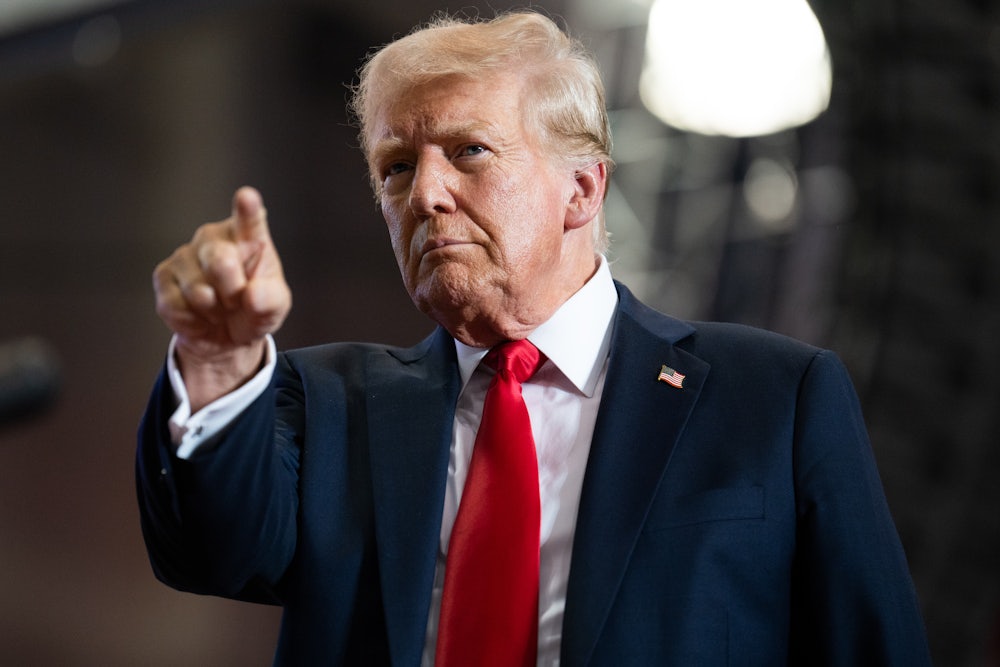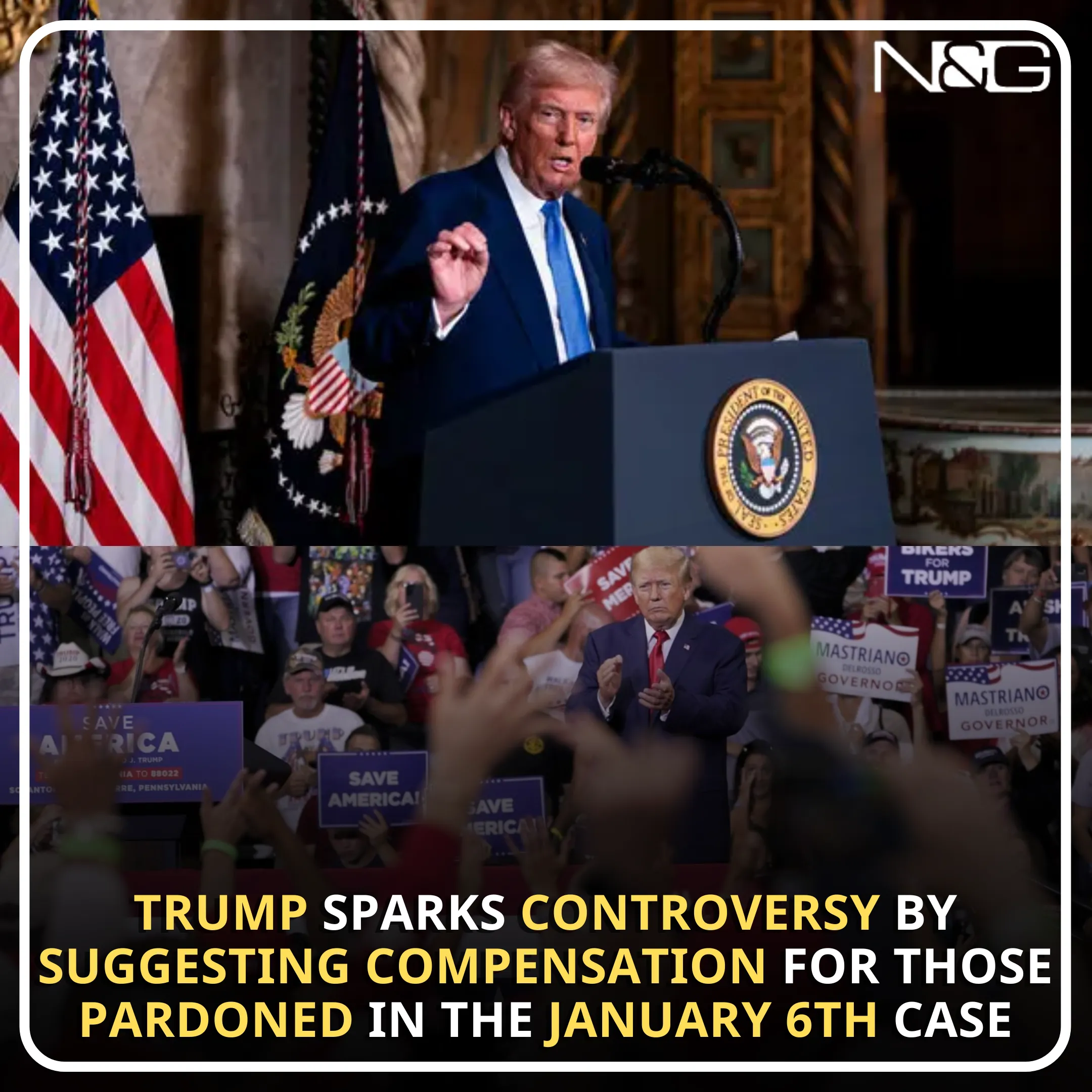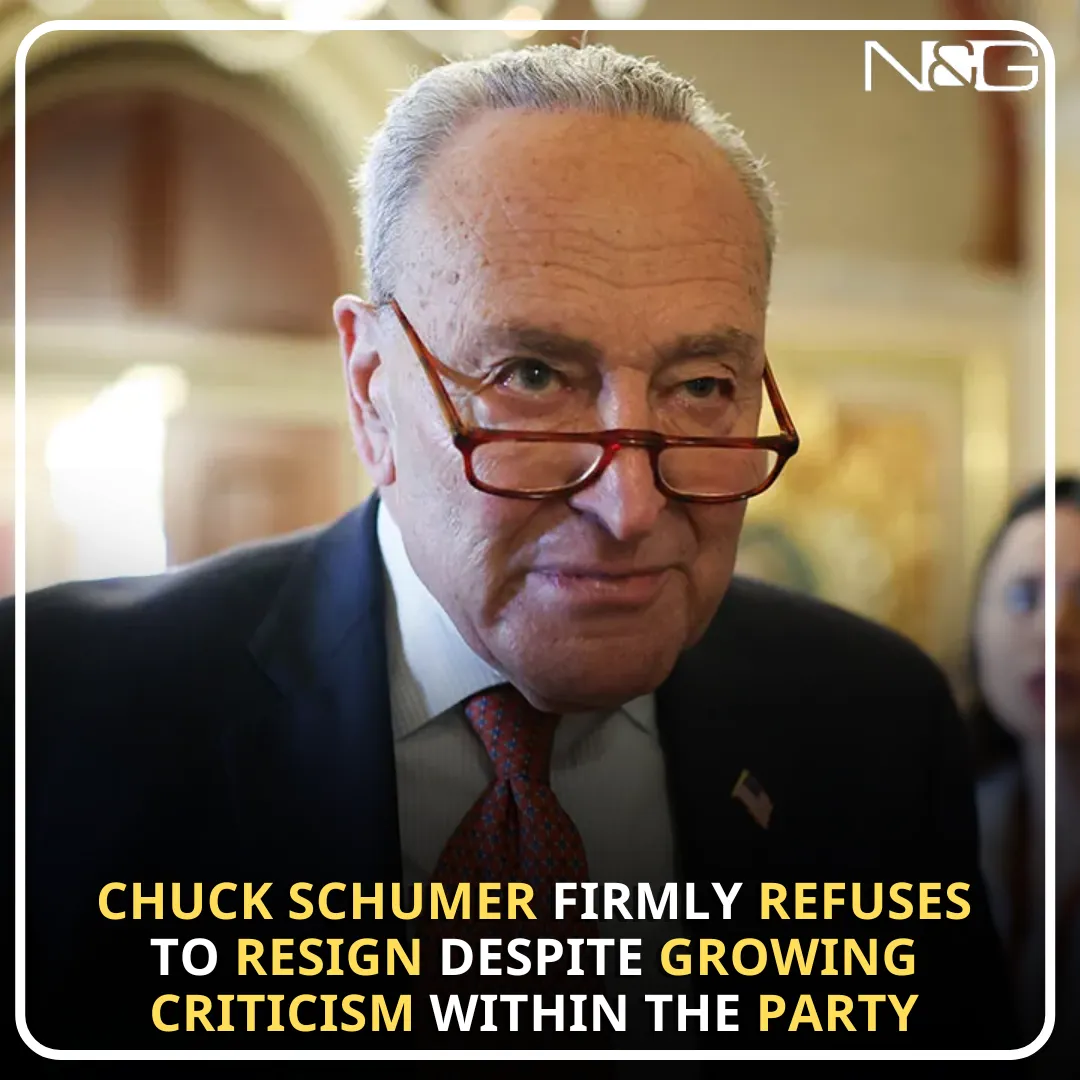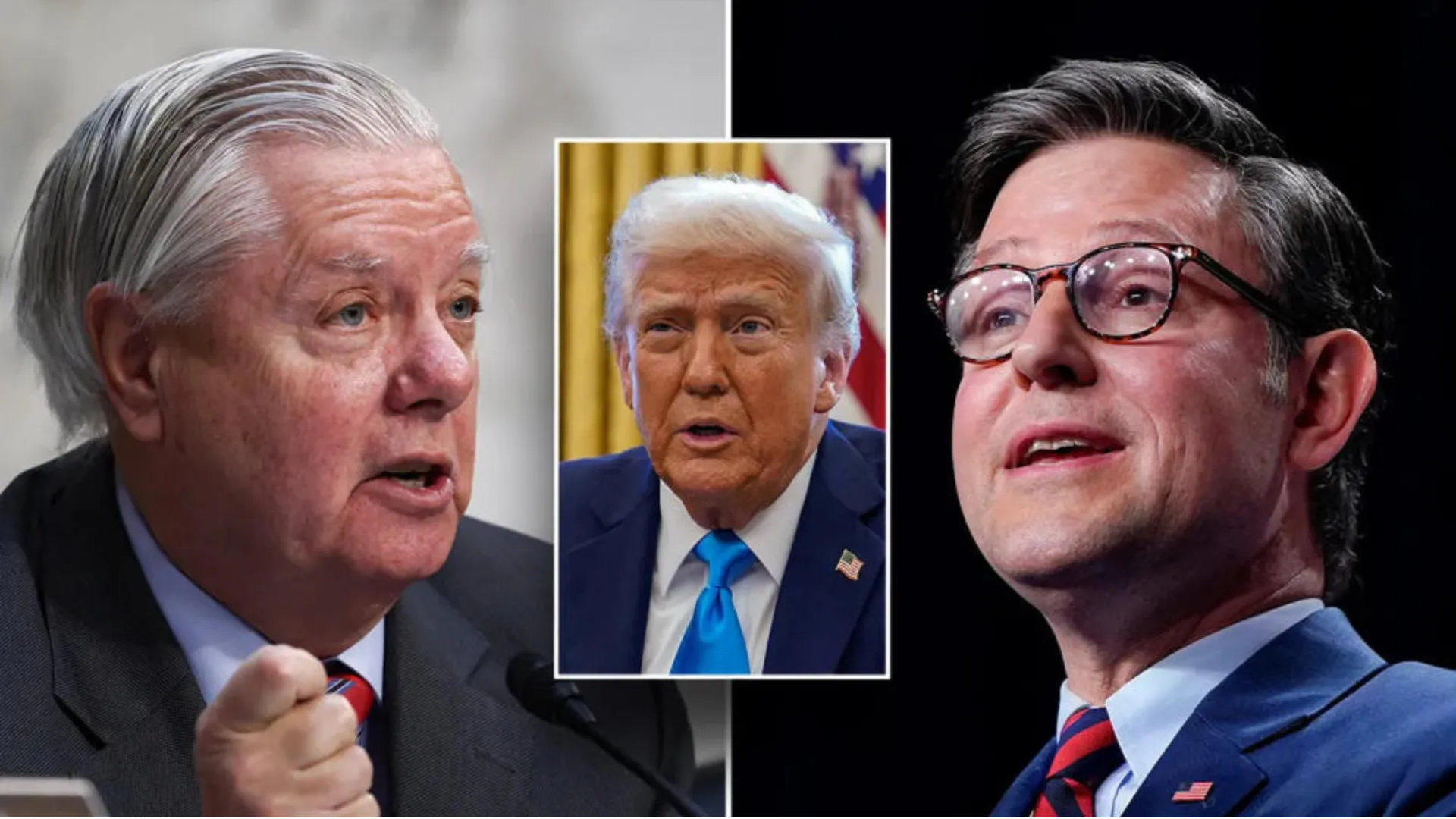James Carville, the grizzled and unfiltered Democratic strategist who once helped engineer Bill Clinton’s 1992 victory, is sounding alarms again — only this time, the warning isn’t about a campaign misstep or polling gap. It’s about the survival of American democracy itself.
In a recent episode of his podcast Politics War Room, Carville delivered a stark message to listeners worried about the possibility that former President Donald Trump might attempt to halt the democratic process. According to Carville, not only are these fears valid — they may also be underestimating the danger.
From talk of martial law to the suspension of elections, and from admiration for dictators to disdain for the U.S. Constitution, Carville painted a picture of Trump not as a typical political opponent, but as a man with “genuine affection for authoritarianism” — and a willingness to drag the country down with him if he falls.
During a Q&A segment, a listener posed what might have once seemed like an alarmist hypothetical: “Is Trump looking to spark enough protest to justify declaring martial law in 2026, thus suspending the election?”
Carville didn’t dismiss the question — he embraced it.
“You’re so correct to be concerned about this,” he responded. “They deserve a serious answer. And a serious answer is not necessarily an encouraging answer.”
He added that the threat posed by Trump is “getting worse by the day,” and that Americans should be on “high, high alert.” For Carville, this isn’t partisan rhetoric. It’s a national security warning.
Trump, who has flirted with the idea of serving more than two terms — a concept blatantly unconstitutional — continues to fan speculation that he would defy democratic norms if given another chance at power.
Just last month, Trump told NBC News he was not joking about seeking a third term. “There are methods,” he said cryptically, offering no explanation but hinting, once again, that the Constitution may not be a barrier so much as an obstacle to overcome.
These remarks were amplified by Trump allies like Steve Bannon and Attorney General Pam Bondi. Bannon, his former chief strategist, has publicly argued that since Trump’s two terms would be non-consecutive, he should be eligible to run again — a suggestion that directly contradicts the spirit of the 22nd Amendment.
Bondi went even further. Speaking on Fox News, she said she wished Trump could serve for 20 years. “I think he’s going to be finished, probably, after this,” she added. When pressed on why she said “probably,” Bondi replied that it would be a “heavy lift” to amend the Constitution — but not impossible.
For Carville, these aren’t fringe musings — they’re flashing red lights.
Carville didn’t mince words. “Trump does not like the United States,” he said. “He doesn’t like our laws, he doesn’t like our Constitution.”
While critics often accuse Trump of nationalism or isolationism, Carville reframed the former president’s worldview in darker terms: as a man who “has affection for dictators” and who openly admires authoritarian governance.
Indeed, Trump’s long-standing praise for strongmen like Vladimir Putin, Kim Jong-un, Viktor Orbán, and Xi Jinping has often blurred the line between realpolitik and reverence. His desire to emulate their grip on power is no longer just implied — it’s vocalized.
Carville said Americans have every right to be worried about what he called “Trump’s regime,” and made it clear that the danger isn’t confined to one office. The entire Republican apparatus, in his view, has become a vessel for Trump’s self-serving agenda.
“He’s gonna try anything he can to help himself,” Carville said. “I believe the man genuinely wants to hurt the country.”
Perhaps the most jarring scenario Carville alluded to was the possibility that Trump might attempt to postpone or cancel the 2026 midterm elections — or the 2028 presidential election, if he’s reelected in 2024.
While martial law in the United States is exceedingly rare and constitutionally restricted, Trump has a well-documented history of testing legal boundaries. He made veiled threats to delay the 2020 election, and after losing, attempted to overturn the results — inciting an insurrection at the U.S. Capitol in the process.
To Carville and many others, the idea of Trump suspending democratic functions isn’t far-fetched — it’s a logical next step in a pattern of increasingly extreme behavior.
Carville emphasized that the threat isn’t waning as Trump prepares for a potential second term — it’s escalating.
“He is not loyal to the United States of America,” Carville said. “If he’s going down, he’s going to take the country with him.”
This framing — Trump as a man willing to torch the institutions of democracy to escape accountability — has begun to resonate beyond liberal circles. Independent voters, moderate Republicans, and even some conservatives who once backed Trump are beginning to express fears that his ambitions now extend far beyond electoral victory.
The sentiment is echoed in other corners of political analysis, where scholars of authoritarian regimes warn that democratic backsliding rarely happens all at once. Instead, it occurs incrementally — through the normalization of undemocratic behavior, the erosion of checks and balances, and the slow acclimation of the public to constant political crisis.
“I’ve said it before and I’ll say it again: we are in the midst of a collapse,” Carville said.
It’s a heavy claim — but for Carville, who has watched decades of political evolution from the inside, the signs are unmistakable.
Executive orders many Democrats view as unconstitutional, open flirtation with third-term ambitions, a near-cult-like loyalty from the GOP — all of it adds up to something Carville sees as fundamentally incompatible with American democracy.
And yet, despite the enormity of the threat, Trump remains a leading figure in American politics, still polling strongly among Republican voters and dominating GOP primary debates.
For Carville, the takeaway isn’t just fear — it’s urgency. He doesn’t believe the situation is hopeless. But he does believe that too many Americans are still underestimating the scale of the threat.
If Trump were to try and suspend an election or override the Constitution, would Americans resist? Would elected officials speak out? Would institutions hold?
These are the questions Carville wants Americans to ask — before it’s too late to answer them.







-1734287777-q80.webp)